How to Buy and Export Coffee from Kenya
How to Buy and Export Coffee from Kenya.
Coffee is a commodity that has been processed and exported for centuries. But what happens when you want to buy coffee from Kenya? It’s not as easy as it sounds. In this guide, we will teach you how to buy and export Kenyan coffee, including information on the types of coffees available, the best places to buy them, how much they cost, and what you should know before doing so. Read on to learn more about this delicious and caffeinated Kenyan specialty!
What Makes Kenyan Coffee Special
Kenyan coffee is a specialty from the country of Kenya. It has been processed and exported for centuries and has become one of the world’s most-sought after coffees. This coffee is special because it has a unique taste and aroma that is unlike any other type of coffee in the world.
Many people have asked, “What makes Kenyan coffee special?” The answer is simple: It’s because of the different processing methods used to produce the beans. Kenya’s geography, climate, and soil make for some very unique growing conditions for many types of plants, including coffee beans. These plants are then dried out in a process referred to as withering. After this process, which removes moisture from the beans, Kenyan beans are typically sun-dried on raised beds or patios called solar dryers. Another process is a roasting method called wet milling that uses water to create steam pressure to roast and extract flavors from the beans before they are ground into powder. This creates an intense flavor that can be compared to rare wines such as wine aged in oak barrels or those aged in clay amphorae.
Kenyan coffees vary based on whether they are grown in highland or lowland regions due to these differences in growing conditions
Where to Buy Kenyan Coffee
There are many places to buy Kenyan coffee online, and they can be a bit confusing. But it is important to know the differences between each type of coffee that is available from Kenya.
High Grown Coffee: High grown Kenyan coffees are made from carefully selected Arabica beans. These coffees are more expensive than other types because of the care and attention required for growing them.
Specialty Coffee: Specialty coffees are also made from carefully selected Arabica beans, but their flavors vary. These types of coffees have been graded based on their acidity, body, aroma, and flavor intensity. Some specialty coffees can even be aged for a few months before packaging to enhance their flavor even more.
Pure Milled Coffee: Pure milled Kenyan coffees don’t undergo any processing which means they’re high in acidity and have good body. If you like your coffee with a lot of caffeine, pure milled Kenyan coffee is the best choice for you!
Light Roasted Coffee: Light roasted Kenyan coffees are just as it sounds–light roasted! They can go through a dark roast or medium roast process but they aren’t as intense as dark roasts or medium roasts because they don’t require as much
How Much Does Kenyan Coffee Cost?
Kenyan coffee is known for its flavor, richness, and quality. This is a well-known commodity that has been exported for centuries.
Nowadays, you can buy Kenyan coffee online through websites like Amazon.com or ebay.com. There are also shops in town that sell them, such as the Artisan Roasting Co., which offers a variety of coffees from Kenya at varying pricing levels.
The price of your Kenyan coffee will largely depend on the type you want to buy. For instance, if you’re looking to buy an espresso blend, expect to pay around $15-$20 per pound. If you’re looking to buy a drip coffee, expect to pay around $10-$13 per pound.
But buying Kenyan coffee isn’t just about finding the right price point—there’s also the matter of shipping costs and where you live!
If you live in Europe or North America, the shipping cost should be around $25-$50 depending on what kind of package service you choose (i.e., UPS or FedEx). If you live in Asia or South America, shipping costs range between $40-60 depending on what kind of package service you choose (i.e., DHL or EMS). Finally
The Best Ways to Store It
Coffee is a perishable product, and it will spoil if not stored properly. In order to preserve the quality of your coffee, here are some tips on how to store them:
– Keep your beans in an airtight container at room temperature.
– If you’re buying whole bean coffee, make sure to store them in a sealed canister.
– To prevent mold from growing on your beans, store them in a sealed container with an activated carbon filter.
Storing and Exporting Your Coffee.
Just like any other commodity, coffee must be stored and exported in a certain way to maintain its quality. It’s important to know the difference between storing and exporting Kenyan coffee, as well as what type of packaging you should use.
The amount of time that your coffee needs to spend in storage before it can be exported is not standardized, but is typically between three weeks and four months. For example, if you want to store your coffee for four months, it will need 12 pounds of space per month. If you want to store your coffee for one month, it will need 4 pounds of space per day.
When transporting your coffee from the country of origin to the United States or an international destination, you will need to determine whether or not roasting is necessary. Roasting removes the moisture content from the beans, giving them a denser texture and a stronger flavor that is more intense than their unroasted counterparts.


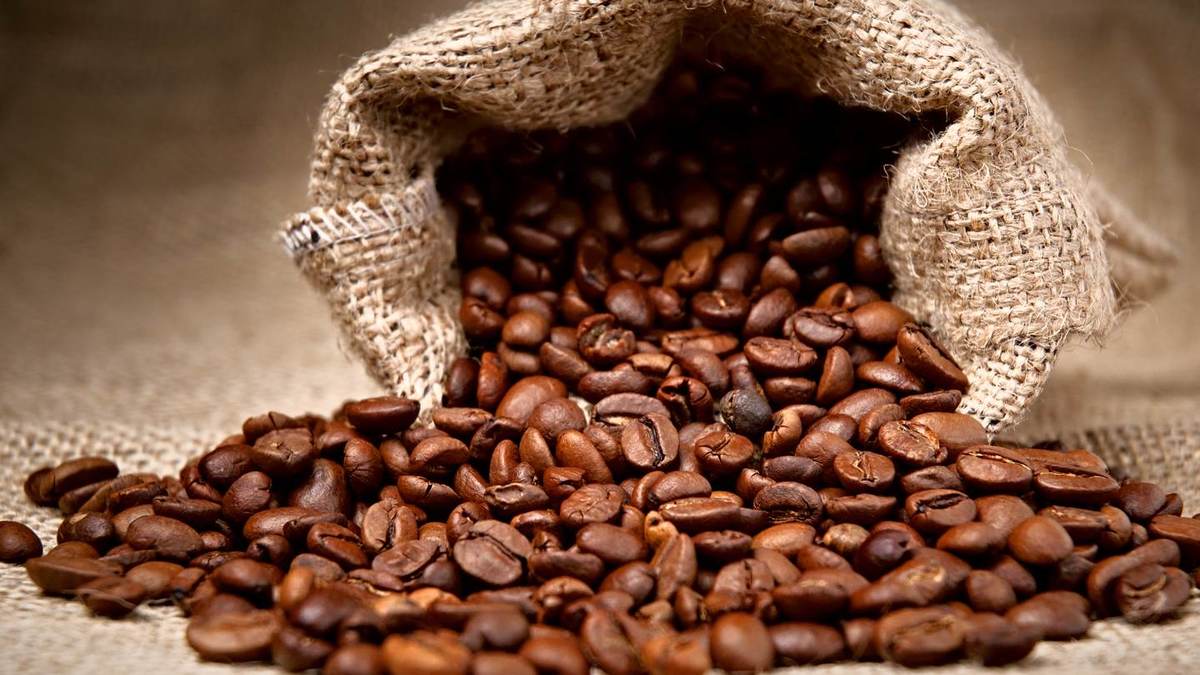
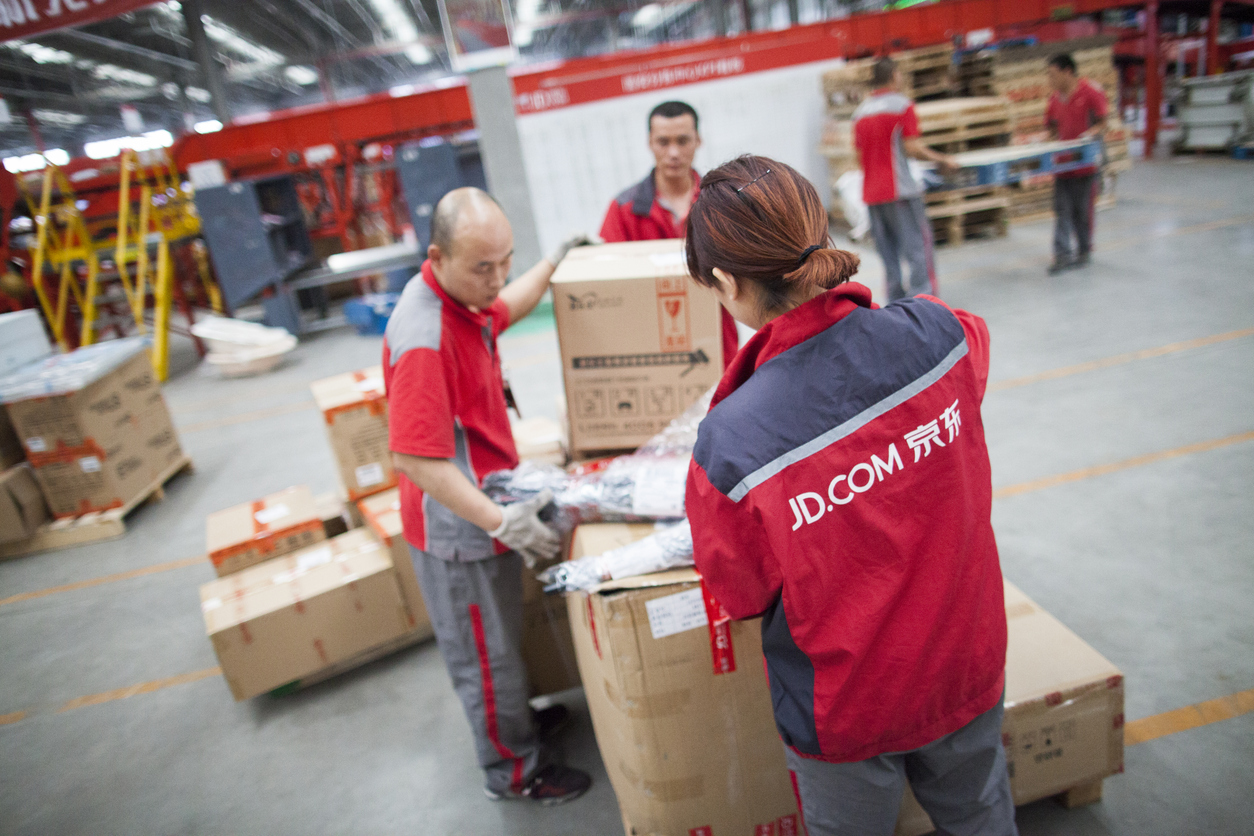
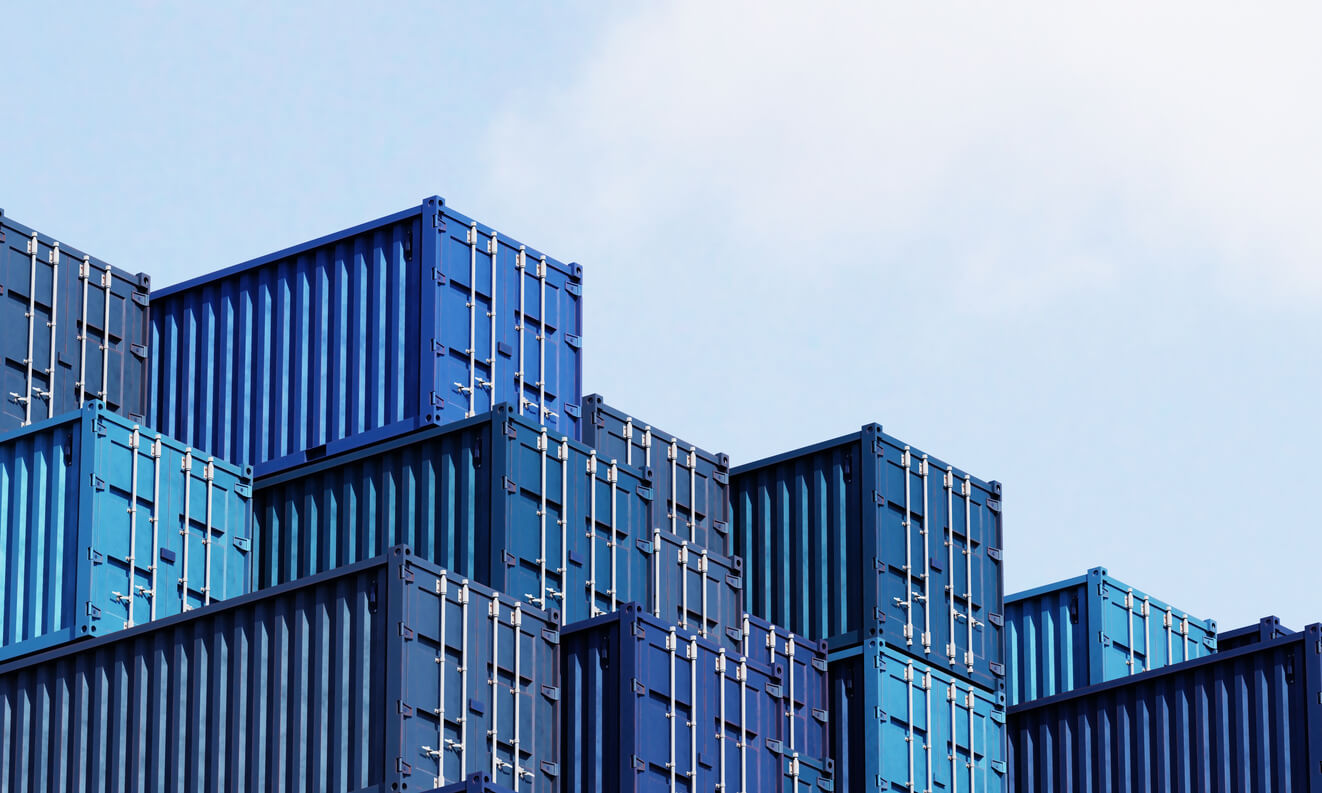
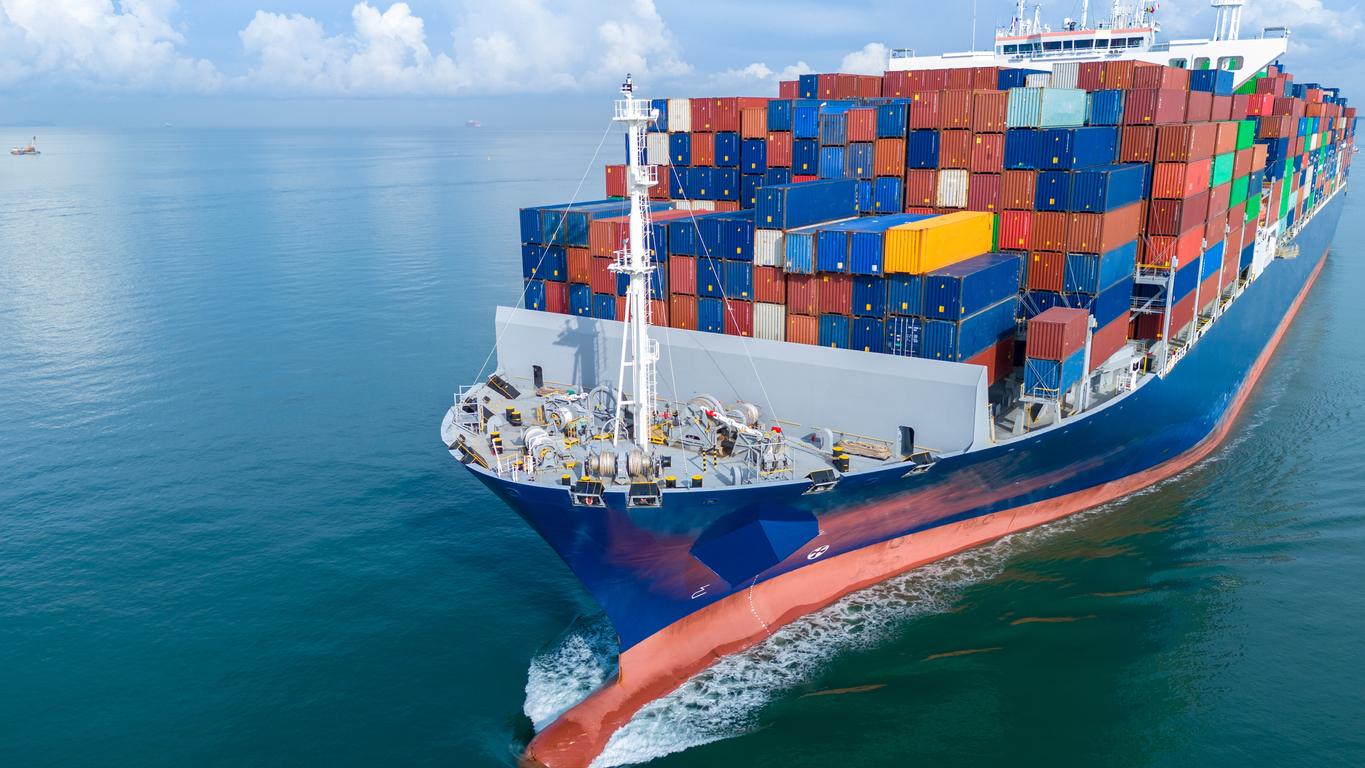
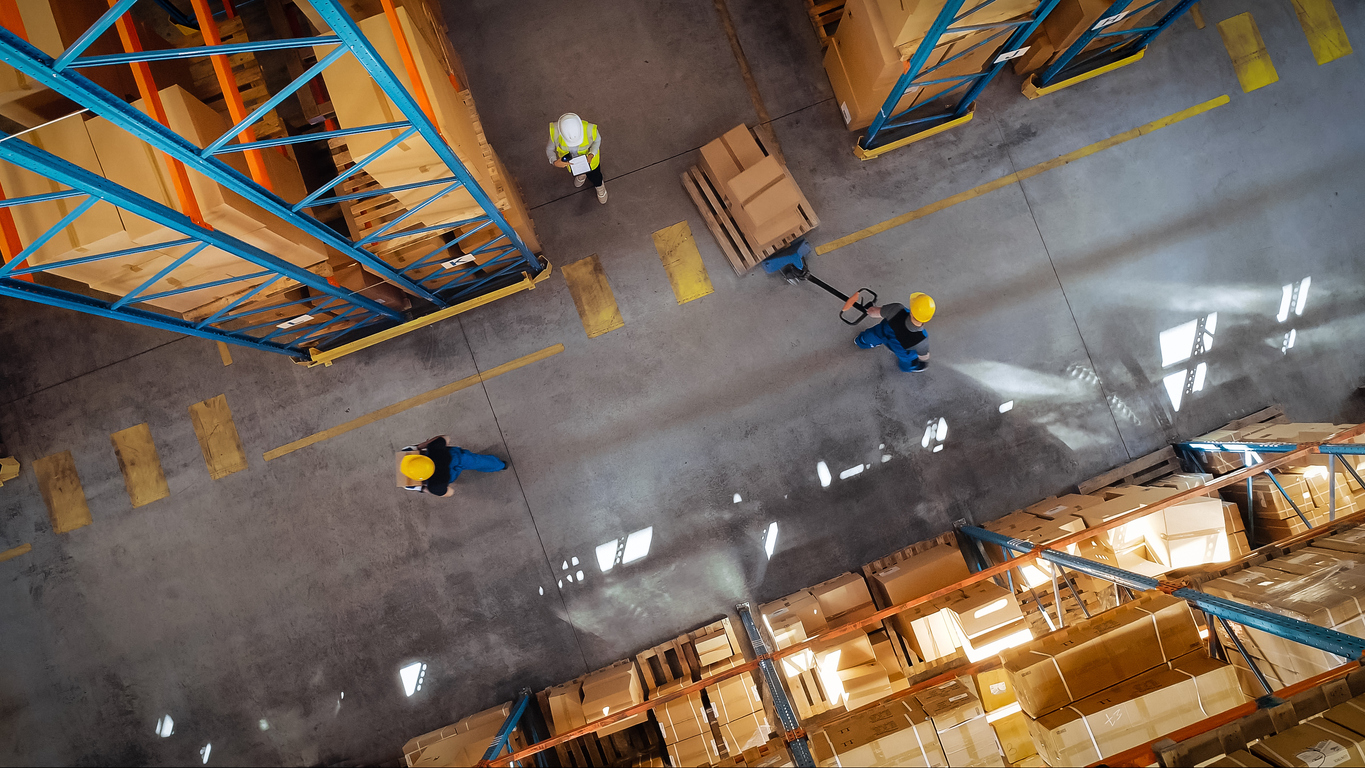
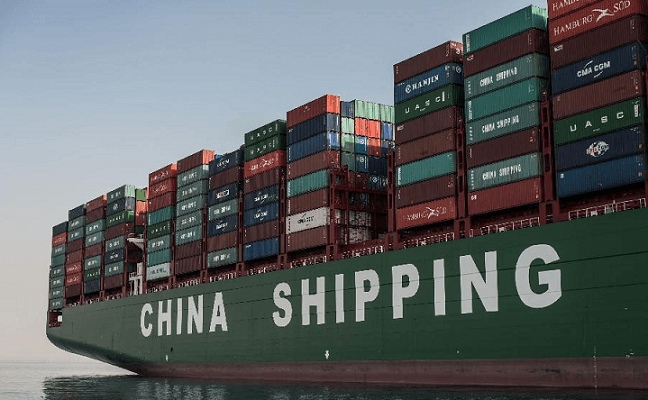
LEAVE A COMMENT
You must be logged in to post a comment.